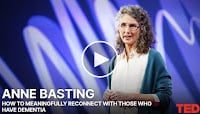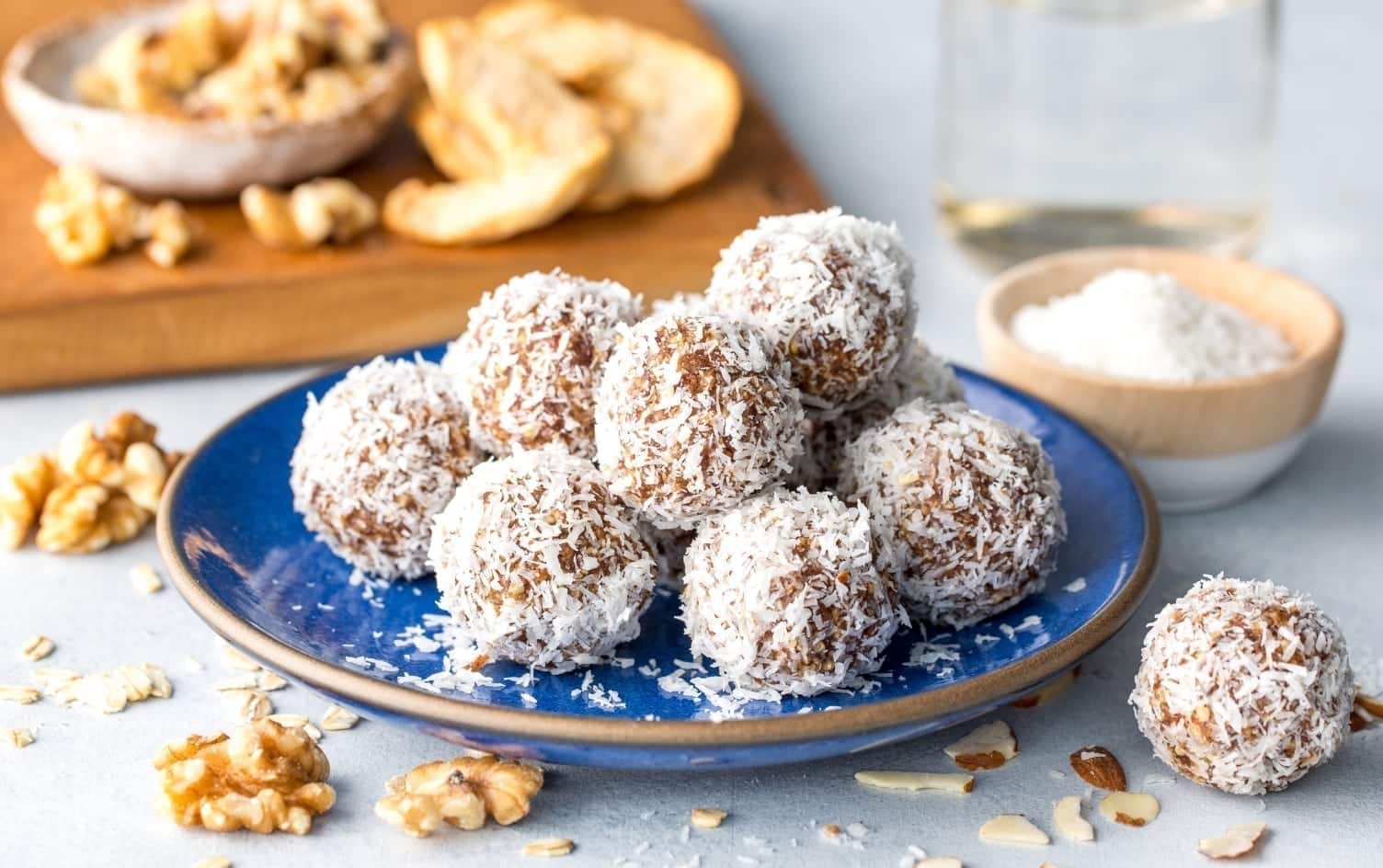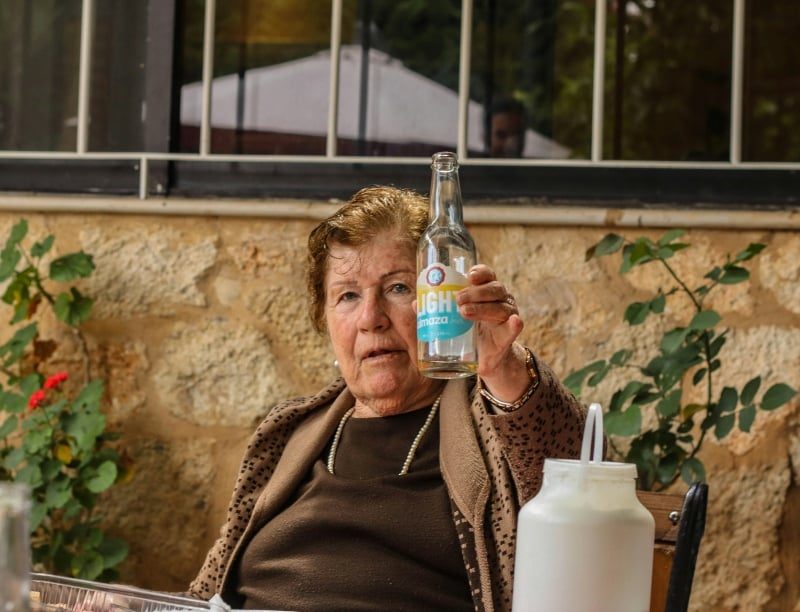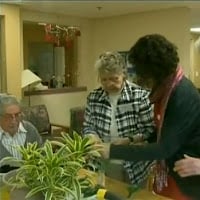Chronic stress is a killer. Currently, our nation is experiencing epidemic proportions of it, contributing to the 7.6% increase in suicides in the United States since 2021. It also lends itself to chronic illness, the cost of which is “$3.7 trillion each year, approximately 19.6 percent of the country’s gross domestic product,” cites the American Action Forum.
“How to manage chronic stress” is a very real concern. Times are tumultuous. News is maddening. And there seems to be no end in sight. What is a person to do to successfully cope and avoid illness?
This question compelled me to begin to look for answers, specifically from people who live in blue zones. Places that claim the most centenarians on the planet and the healthiest, understanding blue zone living might hold the key for the rest of us.
I began to do my research. My goal was to come away with answers that could easily be implemented in our own homes. Effectively, I wanted to give everyone the tools to create their own in-house blue zone, sharing the common thread native to the world’s five blue zones: Icara, Greece, Sardinia, Italy, Okinawa, Japan, the Nicoya Peninsula, Costa Rica, and Loma Linda, California. Mind you, blue zones don’t rely on perfectly-crafted environments devoid of any long term stress to achieve their unique status. Like everywhere else, they deal with chronic stress too. They just do it a bit differently.
A big factor in this is their reliance upon community. Blue zones tend to be very social societies. They shun loneliness for communal activities, forming strong friendships that they can laugh with and lean on in times of trouble. As U.S. Surgeon General Vivek Murthy recently highlighted “loneliness” as a national epidemic, finding new friends isn’t easy but it also isn’t impossible. Enlarge your community by joining groups that get you mobilized and out of the house. It could be a walking club, participating in a volleyball league or taking a pasta-making class at the local kitchenware store. All these opportunities open the door to new friends, fun, and learning. In expanding your horizons you expand your social calendar.
Similarly, people who live in blue zones remain close to their families. It isn’t uncommon to see many generations living under one roof, where grandparents partake in the direct care of their grandchildren. Studies show that kids who grow up with grandparents at home or nearby are happier, healthier, and more able to cope with challenges than their counterparts. Thus make a point of spending more time with your loved ones. Whether it be your children, your parents, your husband or even your great Aunt Millie who has been begging you to come visit. An investment in your family is an investment in your heart.
To that same end, residents of blue zones maintain a purpose. It could be as simple as caring for their families or friends or volunteering at a local organization. These people feel that they are needed. And it is that vital “feeling” that gets them up in the morning. I would suggest you do the same. Find a purpose. Get involved with something that reminds you of how important and valuable you are. It will help you to expand the definition of yourself, increase confidence, and amplify your relevance to the world.
Blue zone people also cherish their independence; thus, they stay active. They won’t trade ease for activity like we tend to do in the United States. They have no interest in becoming couch potatoes. They also tend to participate in gentle sports like walking, pickleball, and swimming, which offers a dual purpose of socializing with others. In other words, take the stairs and exercise everyday. Make it part of your regular routine. Realize that staying healthy doesn’t just mean lifting weights at the gym. It means parking the car in the second lot at Target and welcoming those few extra steps to improved health.
To remain “on the go,” blue zone people also eat “cleanly” and as “close to the ground” as possible. The bulk of their diet is plant-based and fresh. Many pull their meals directly from their own gardens. And not all protein consumed comes from meat. Sourdough bread, herbal tea, and a bit of wine stand-out in the diets of all five blue zones too. In addition, blue zone residents view eating as a very social activity. Thus, they take their time while eating, resulting in less food consumed at every sitting. The takeaway here is to shift your diet to include more fruits and vegetables. Eat smaller portions and slower. Make meals about bonding rather than eating. It will keep you healthier, more aware, and happier. Integrate small amounts of wine in your diet if you so choose and large amounts of herbal tea. You may even want to learn how to grow a garden.
When they are not eating, exercising, caring for others or engaged in a purpose, blue zone people are loving, laughing, and praying. Strong relationships with committed partners, laughter, fun, and joining others in worship play key roles in longevity in blue zone communities. Adding more of these into your life may just tack on seven years to relish as it has been statistically known to do in blue zones. That alone makes it worth trying, don’t you think?
As most of us can’t remove ourselves from the challenges posed by living in the United States currently by simply moving to blue zones ourselves, mimicking the lifestyle in an effort to fight chronic stress is quite feasible. Why not do it today and reap the benefits of blue zone living right at-home. If the effort you put in improves your life, even a smidgen, it’s worth it.
—
This post was previously published on medium.com.
***
From The Good Men Project on Medium
 What Does Being in Love and Loving Someone Really Mean?
What Does Being in Love and Loving Someone Really Mean?  My 9-Year-Old Accidentally Explained Why His Mom Divorced Me
My 9-Year-Old Accidentally Explained Why His Mom Divorced Me  The One Thing Men Want More Than Sex
The One Thing Men Want More Than Sex  The Internal Struggle Men Battle in Silence
The Internal Struggle Men Battle in Silence ***

Join The Good Men Project as a Premium Member today.
All Premium Members get to view The Good Men Project with NO ADS.
A $50 annual membership gives you an all access pass. You can be a part of every call, group, class and community.
A $25 annual membership gives you access to one class, one Social Interest group and our online communities.
A $12 annual membership gives you access to our Friday calls with the publisher, our online community.
Register New Account
Log in if you wish to renew an existing subscription.
Username
First Name
Last Name
Password
Password Again
Choose your subscription level
- Yearly - $50.00 - 1 Year
- Monthly - $6.99 - 1 Month
Credit / Debit Card PayPal Choose Your Payment Method
Auto Renew
Subscribe to The Good Men Project Daily Newsletter By completing this registration form, you are also agreeing to our Terms of Service which can be found here.Need more info? A complete list of benefits is here.
—–
Photo credit: Andrei Slobtsov on Unsplash
The post Creating an At-Home Blue Zone to Cope With Chronic Stress appeared first on The Good Men Project.
Original Article










